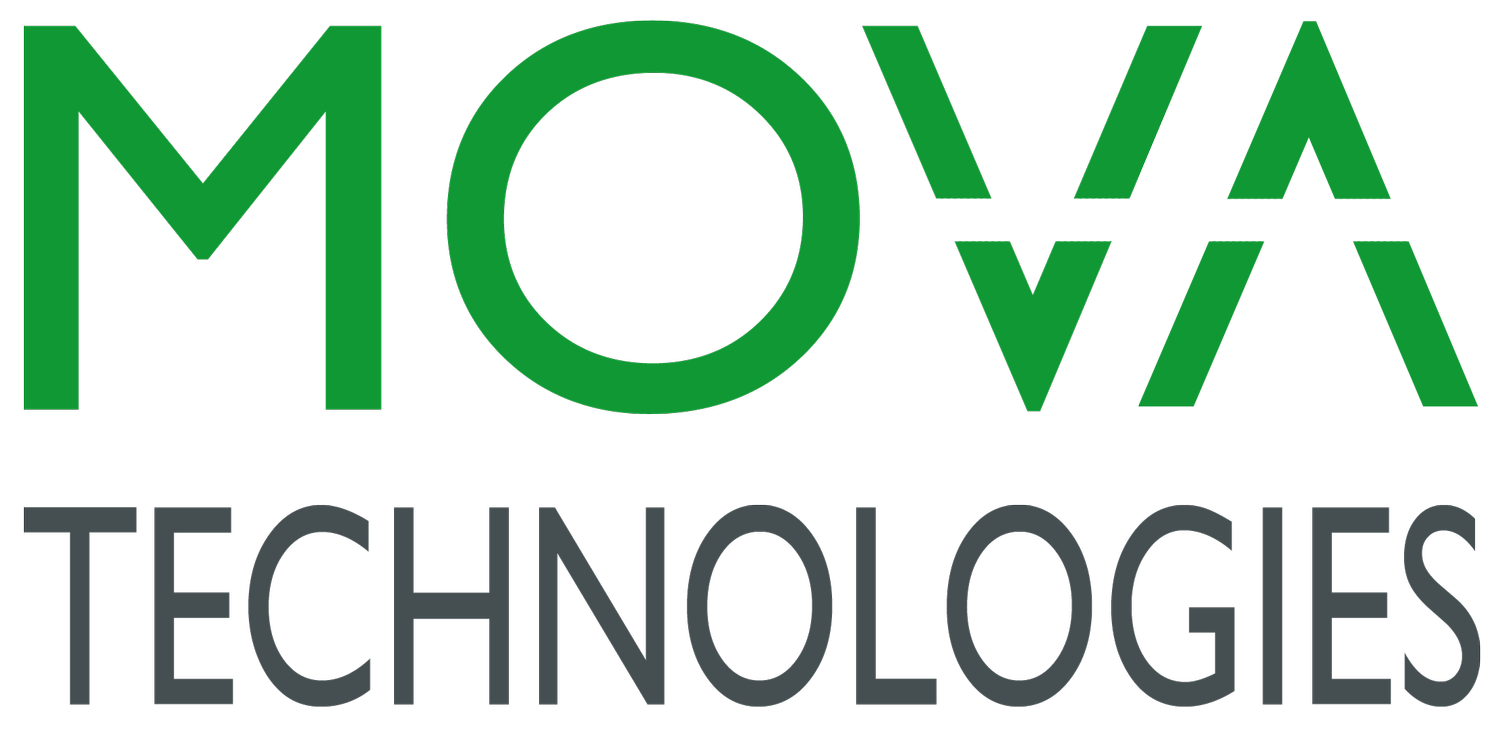
MOVA’s selective air capture technology provides solutions in several areas.
Agriculture
Global food producers face growing pressure to provide affordable, safe, and secure food for an expanding population, but high-productivity, low-cost agricultural systems often clash with consumer-valued animal welfare and environmental standards. MOVA collaborates with the agriculture industry to address this conflict by developing sustainable, precision agriculture applications aligned with ESG goals. Their innovative air purification technologies optimize air quality, enhancing animal health, productivity, and farm profitability. This focus on system economics helps farmers remain competitive, reduce greenhouse gas emissions, and minimize environmental impact.
Carbon Capture
The push to decarbonize industries is accelerating, with increasing public and regulatory pressure to reduce greenhouse gas emissions. The power generation and industrial sectors are turning to carbon capture technologies to achieve carbon neutrality and extend facility lifespans. However, economical carbon capture has been challenging due to harsh flue gas conditions and high energy consumption. MOVA’s patented panel-bed system, an ultra-efficient, multi-emissions air filtration technology, addresses these challenges effectively. Particularly suited for natural gas-fired power plants and cement manufacturing, it offers high flow rates, productivity, and low energy consumption, with projected capital costs 50% lower than competitors. MOVA aims to achieve $20/ton carbon capture.
Manufacturing
Air quality is increasingly important for manufacturers, but air purification can be difficult and costly, whether for ultra-clean precision manufacturing, reducing greenhouse gas emissions, or recovering trace compounds from flue gas. MOVA’s selective capture technology offers high-efficiency air purification scalable for various industrial applications, with significant cost advantages over legacy air emission controls. Applicable across diverse sectors, including semiconductor, chemical, food processing, energy, defense, aerospace, pharmaceuticals, optics, and electronics, it also enables the harvesting of captured compounds as marketable byproducts, creating new revenue streams from former environmental hazards.

“Pollution is nothing but resources we’re not harvesting. We allow them to disperse because we’ve been ignorant of their value.”
– R. Buckminster Fuller






